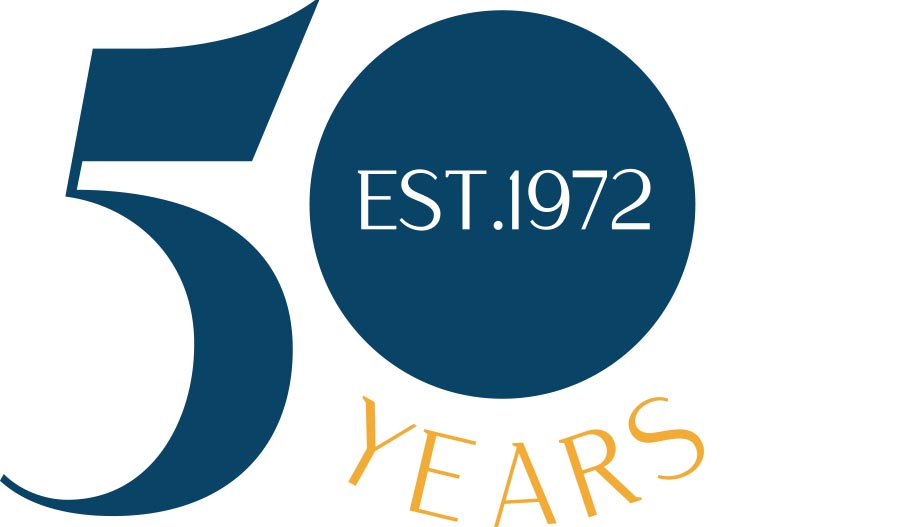The Personal Insurance Company was recently rebuked by the federal Privacy Commissioner for accessing a claimant’s credit history without a valid reason. The Personal claimed that it needed to access the claimant’s credit rating to help assess whether the claim was fraudulent.
The Privacy Commissioner noted, however, that The Personal failed to provide an adequate explanation about how knowing a claimant’s credit rating shed light about whether a claim was fraudulent or not.
The National Post reported on March 29, 2017 that it is a “common industry practice” for insurers to access claimants’ credit ratings. The likely reason for seeking this information is to evaluate claimants’ financial situations in order to assess how desperate they are to settle.
The Privacy Commissioner’s investigation concerned a driver rear-ended in Toronto in 2012. The Personal’s adjuster met with the claimant shortly after the car accident and had him sign a number of authorizations (including an authorization permitting The Personal to access his credit rating). Later after realizing that The Personal had accessed his credit history the claimant complained to the Privacy Commissioner.
The Privacy Commissioner found that The Personal:
- failed to demonstrate that the collection and use of credit scores are necessary and effective in preventing and detecting fraud;
- did not obtain “meaningful” consent from the claimant; and,
- was not open about its use of credit information in the claims process
Even after the ruling from the Privacy Commissioner The Personal maintained its argument that “it only used credit rating information for fighting fraud. It did agree to stop the practice, however. The Insurance Bureau of Canada also acknowledged that “some companies may use credit information to identify and detect fraud.”
It appears, unfortunately, that the Privacy Commissioner’s investigation will not stop this industry practice. People injured in MVAs frequently suffer a financial loss which is immediately felt. The maximum basic weekly income replacement benefit of $400 per week does not go far, and people can quickly find themselves in a precarious financial situation. An insurer’s ability to appreciate the claimant’s desperate financial state puts the insurer at a significant advantage in any negotiations. It appears that the insurance industry will continue this practice so claimants must resist adjuster’s attempts to obtain this information.
At Martin & Hillyer we always advise clients not to sign blank authorizations provided by insurance companies. Each authorization should detail the information being requested (e.g. clinical notes and records) the requested time period (e.g., from the date of the MVA forward) and the person being asked to provide the information (e.g., the family doctor). You should know, furthermore, why your adjuster believes he or she needs this information to evaluate your claim.




